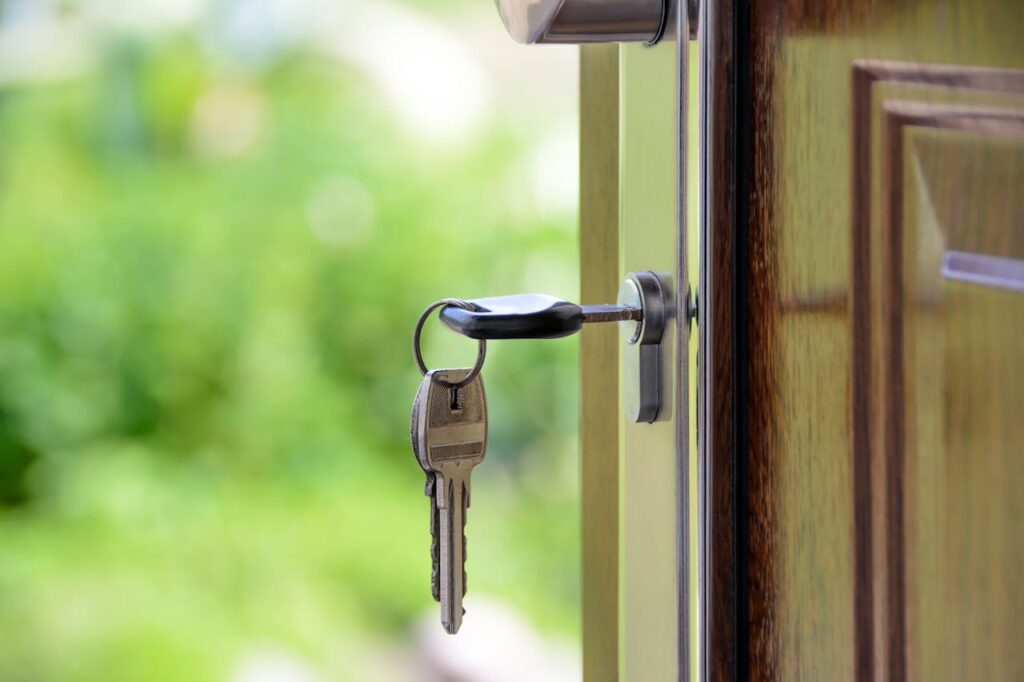:
How to Avoid Foreclosure: What Every Homeowner Should Know
Facing foreclosure can be a frightening and overwhelming experience. However, understanding your options and taking proactive steps can help you avoid losing your home. Here’s what every homeowner should know about avoiding foreclosure.
1. Understand the Foreclosure Process
The first step in avoiding foreclosure is understanding how the process works. Typically, foreclosure begins when you miss several mortgage payments, leading your lender to issue a Notice of Default. After this, if the payments aren’t made or an alternative solution isn’t found, your lender may proceed with foreclosure, eventually leading to the sale of your home at auction.
Knowing the timeline and steps involved can help you act quickly before it’s too late.
2. Communicate with Your Lender
One of the biggest mistakes homeowners make is avoiding communication with their lender when they start to fall behind on payments. Most lenders are willing to work with you to find a solution, especially if you contact them early. Options may include loan modifications, forbearance, or repayment plans. The key is to be proactive and honest about your financial situation.
3. Explore Loan Modification Programs
A loan modification involves changing the terms of your mortgage to make the payments more affordable. This could include extending the loan term, reducing the interest rate, or adding missed payments to the loan balance. Many lenders offer modification programs to help homeowners stay in their homes. If you’re struggling to make your current payments, ask your lender about this option.
4. Consider Refinancing
If your credit is still in good standing and interest rates are favorable, refinancing your mortgage could be an option. Refinancing allows you to replace your current mortgage with a new one, often with better terms or a lower interest rate. This can reduce your monthly payment, making it easier to keep up with your mortgage.
5. Seek Professional Assistance
If you’re unsure about your options or need help navigating the process, consider seeking advice from a HUD-approved housing counselor. These professionals can provide free or low-cost assistance, helping you explore all available options to avoid foreclosure.
Additionally, legal assistance may be necessary if you’re facing an imminent foreclosure. An attorney can help you understand your rights and possibly negotiate with your lender on your behalf.
6. Sell Your Home Before Foreclosure
If you’re unable to keep up with your mortgage payments and other options aren’t viable, selling your home might be the best way to avoid foreclosure. Selling your home before foreclosure can help you pay off your mortgage and avoid the long-term damage of a foreclosure on your credit report. A quick sale might also leave you with some equity, allowing you to start fresh in a new home.
7. Beware of Scams
Unfortunately, foreclosure situations can attract scammers who promise quick fixes or guaranteed solutions. Be wary of anyone who asks for upfront fees or guarantees to stop the foreclosure process. Always verify the legitimacy of any service or individual offering help.
Foreclosure can be a daunting process, but with the right knowledge and approach, it’s possible to avoid it. By understanding your options, communicating with your lender, and seeking professional help, you can find a solution that works for your situation and keep your home.
If you’re facing financial difficulties or the possibility of foreclosure, don’t wait to take action. The sooner you address the issue, the more options you’ll have to avoid foreclosure and protect your financial future.

